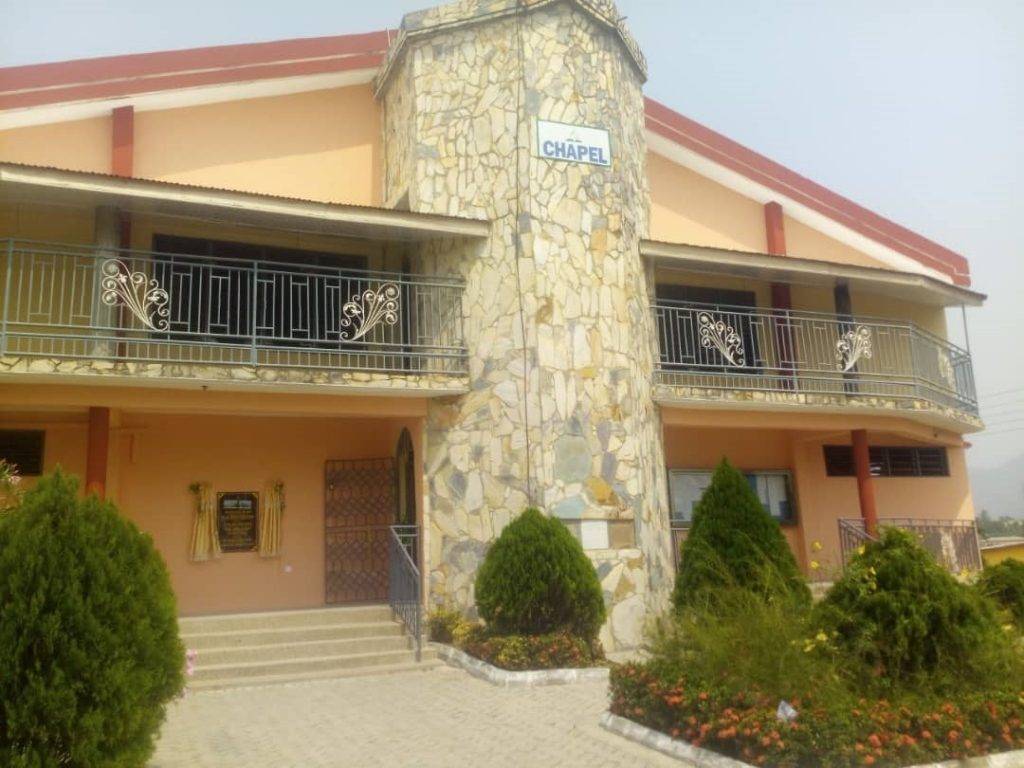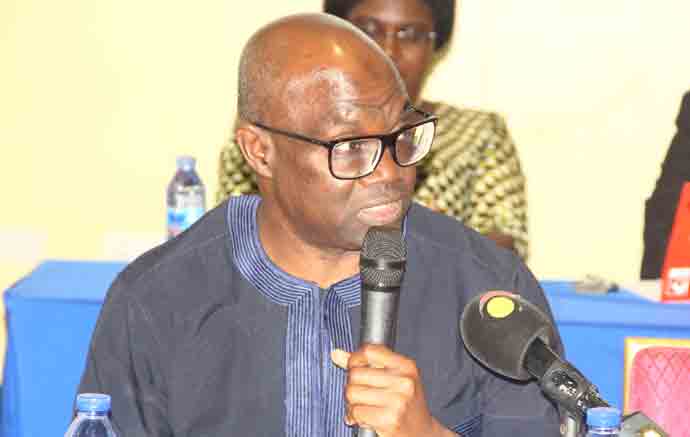
Education is an indispensable part of life at all levels. People gain knowledge and enlarge their worldview through education. And, education provides critical knowledge needed for societal development and advancement. This explains why universal and life-long education has become one of the key United Nations Sustainable Development Goals. In spite of this, in many countries today, especially in the developing world, a sizable proportion of the people lack access to the most basic form of education. Fact is, a nation cannot develop without a literate population. And in today's world, the role of education has become even more vital.
In the 21st century, students need rigorous coursework to gain the knowledge and skills to be critical thinkers, problem solvers, innovators, and effective communicators. They need the skills to make them technologically proficient, and skills that is relevant to workforce expectations. It has been documented that demand for higher education outstrips supply globally. With this trend, it has become necessary to experiment with new kinds of educational models.
The increasing use of Information Communication Technologies (ICT) in higher education is one way to achieve this outcome. ICT holds the key to moving education from where it is now to where it needs to be. These new powerful instruments must become the carriers of an expanded educational system that makes it possible for learners to acquire the skills they need to function in the new global economy.
Education today is increasingly becoming international in the form of what has come to be known as Transnational Education (TNE). This generally refers to situations where students stay in their home country but study degrees from abroad. The Council of Europe and UNESCO defines it as "all types of higher education study programmes, or sets of courses of study, or educational services (including those of distance education) in which the learners are located in a country different from the one where the awarding institution is based".
Research suggests that TNE is continuing to expand at a brisk pace; both in terms of scale (programmes and student enrolment) and scope (diversity of delivery modes and location of delivery. TNE embraces both virtual and physical forms of cross-border education and distinct from the standard forms of international student mobility where a student from country A goes to study in country B in order to undertake a degree or course of study.
The term "cross-border education" has also been used to refer to the movement of people, programs, providers, knowledge, ideas, projects and services across national boundaries. Fact is, the increasing use of portable devices such as iPhones, iPads, Tablets and a variety of other smart devices are forging new ways of learning and has created new opportunities for these new types of education.
Yoni Ryan in "The Business of Borderless Education and Lifelong Learning defines 'borderless education' to encompass a wide range of activities, from online training, off-shore campuses, technology-assisted teaching, and franchising of curricula.
Due to the near limitless possibilities offered by the new communication tools, new pedagogical techniques are being employed in the classroom of today. For example, Khan Academy has placed several video lectures online; the flipped classroom model which allows students to watch lecture videos at home and come to class only to ask and answer questions has been employed by a number of academic institutions at both secondary and tertiary level. A free software called Socrative has been developed to aid teachers interested in using these classroom models. Socrative enables students to answer questions on their smartphones, and the responses transmitted to teachers instantaneously on their smartphone or tablet.
E-learning is becoming core to the learning environment of today's top institutions of higher learning. And many of the great universities of the World- Yale, Princeton, MIT, The Indira Ghandi Open University-have put an array of their courses online, and they are near free for people to use with their own professors in charge of them. And the numerous Open Universities of the world have demonstrated that this type of education is possible.
While some programs require students to attend some campus classes or orientations, many are delivered completely online. In addition, several universities offer online student support services, such as online advising and registration, e-counseling, and online textbook purchase.
Over the years, we've witnessed the growth of private provision in education. Good examples are the role being played by organizations such as the Apollo Group, Pearson and Microsoft in establishing campuses, purchasing exiting foreign institutions, developing content and the supply of back- office services, and marketing distance education overseas. Experts predict that private education will inevitably make up much of the provision in countries with ambitious enrolment targets because of the speed of growth needed.
Consistent with the growth of private provision in education, the year 2011 saw the emergence of what has now become known as Massive Open Online Courses (MOOCs), a model for delivering learning content online to any person who wants to take a course, with no limit on attendance. MOOCs are delivered online, in virtually all fields offered to people from around the world. MOOC courses are free or "open" and most of MOOC courses are being offered by some of the most prestigious of universities in the world.
MOOC platforms such as Coursera, edX and Udacity have partnered with several universities, offering more than 500 courses to over four million students in 196 countries. The entry of the "big gun" in the world of MOOCs have attracted lots of attention and this has increased student enrollment in these courses.
MOOCs provides flexibility of access to course materials from anywhere at any time. Studies over the years have shown no significant differences in student achievement when university students accessed content via online means or through face-to-face.
There is the need to capitalize on these new educational trends to help build capacity in education.
Nana Prof. Osei Darkwa,
President, African Virtual Campus
Read Full Story




















Facebook
Twitter
Pinterest
Instagram
Google+
YouTube
LinkedIn
RSS